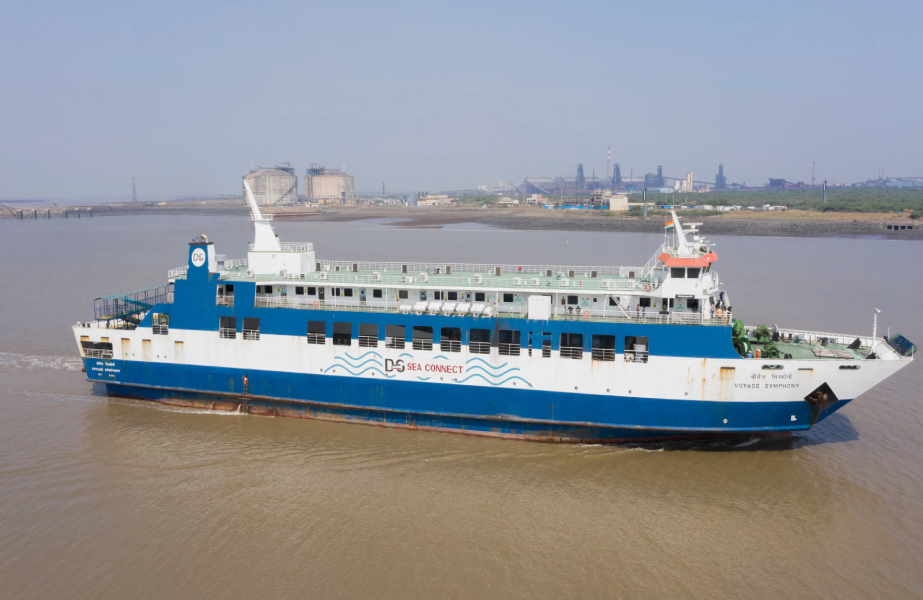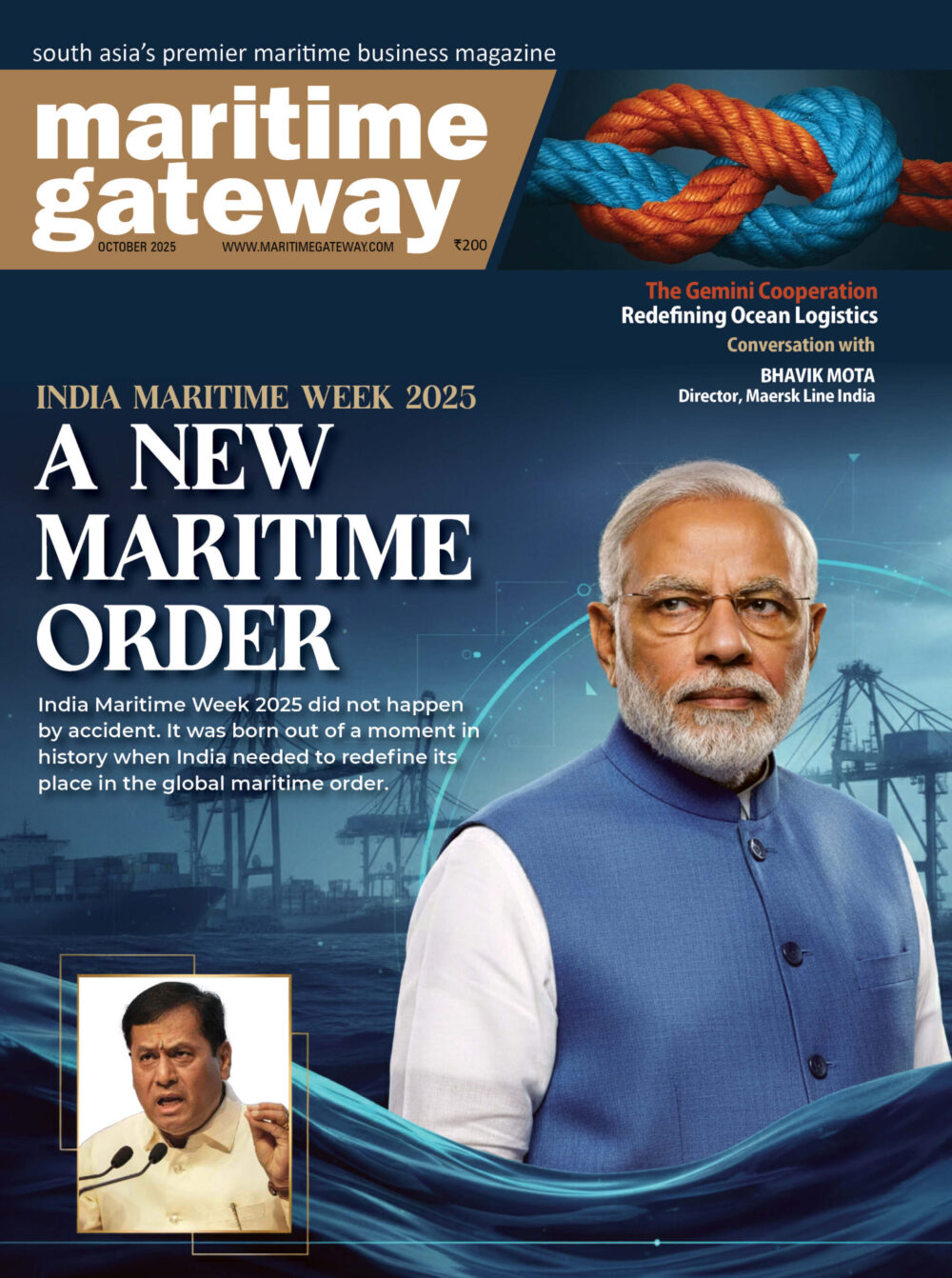A 200 passenger capacity high speed catamaran is all set to sail three times a day from Nov 1 between domestic cruise terminus adjacent to ferry wharf and mandwa near Alibaug.
Nayan Catamaran in addition to the water taxi fleet is launching it’s new vessel ‘NAYAN XI’, that has a capacity of seating 140 passengers on the lower deck and another 60 passengers on the upper / business class deck.
Capt. Rohit Sinha, Director of Nayantara Shipping PVT LTD and owner of the vessel said, “With the introduction of Nayantara We promise to change the standards and Quality of passenger water transportation.”
The vessel has been built in Goa and arrived in Mumbai on the October 12, 2022. Since then it has been carrying out trials in Mumbai waters to ensure smooth sailing. It’s the first high-speed double-deck steady catamaran in Mumbai of this size which is capable of cruising across the ocean.
Although its speed can go up to 22 knots, favourably it shall sail at 15 knots between South Mumbai and Raigad/Navi Mumbai. The speed is due to its 2 – 750 HP Volvo Penta high-speed engines. The vessel is luxurious and is completely air-conditioned, with 2 washrooms on the upper and 4 on the lower deck.
To begin with, the vessel will sail from Domestic Cruise Terminal Princess Dock Jetty to Mandwa. Pricing shall be Rs. 400/- for the lower deck and Rs. 450/- for the upper / business class deck. For ticketing and online sales, Nayantara Shipping PVT LTD has collaborated with known brand MyBoatRide.com which has been in the business of digital ticketing for the past 3 years. “We are very excited to collaborate with the boat owners for handling their ticketing as well as planning potential business for this vessel”, said Sohel Kazani, Owner of the ticketing brand and a partner in Infinity Harbour Services. From this year end Infinity is planning to introduce first diesel-electric hybrid water taxi between gateway and Belapur that will bring down the one-way ticketing to Rs 200 per passenger from estimated Rs 800 as it will consume less diesel, 30 liters as against conventional 140 liters required for each hour of operation.









